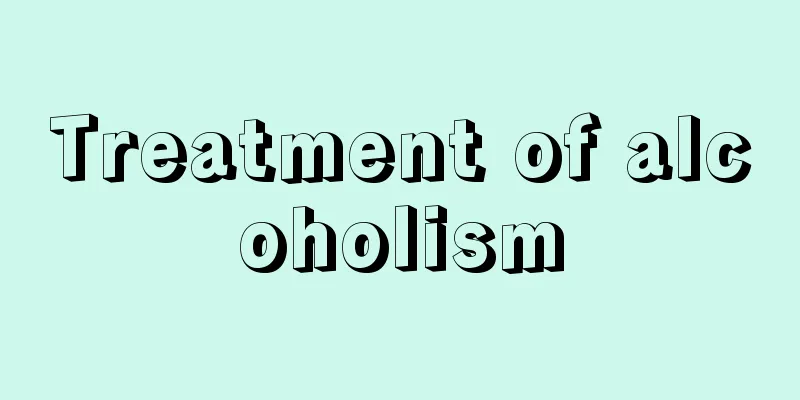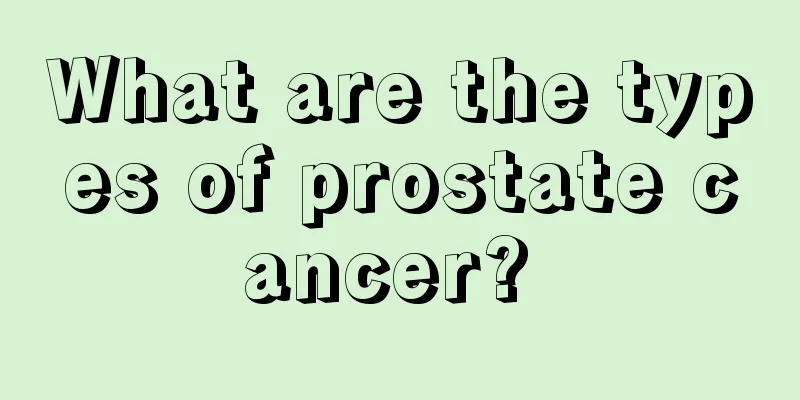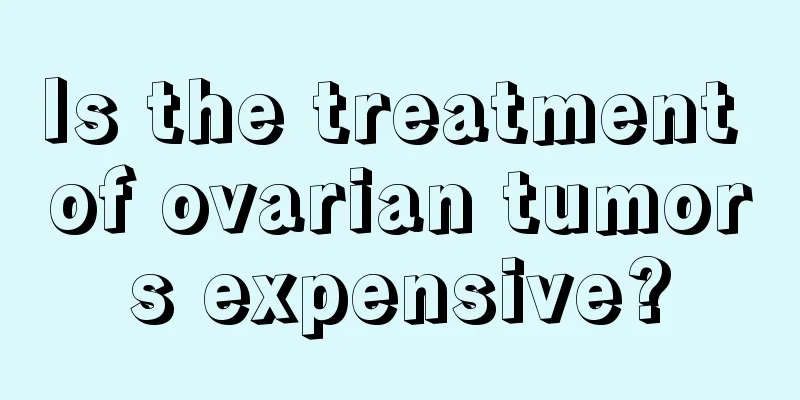Treatment of alcoholism

|
The treatment of alcohol poisoning is a very concerning issue for friends who often go out for social events. Friends with alcohol poisoning can choose to rest in bed or carry coffee or warm tea with them to drink. Friends whose condition is not very serious will recover on their own. In addition, it is also important to note that friends suffering from alcohol poisoning should be careful about the occurrence of respiratory failure. In addition, from the perspective of treating alcohol poisoning, friends suffering from alcohol poisoning also need to receive comprehensive psychological treatment, adequate nutritional supplements and pay attention to dietary adjustments. Symptoms of alcohol poisoning are flushing of the skin, rupture of capillaries, and chronic diarrhea. Treatment of alcoholism: 1. Treatment of acute poisoning 1. Mild symptoms Since ethanol is absorbed quickly, special treatment is generally not required and gastric lavage is not very meaningful. The patient can rest in bed, keep warm and drink strong tea or coffee, and he or she will recover on his or her own. 2. Severe poisoning ① Gastric lavage with warm water or 1% to 2% soda water. ② For those who are drowsy, stimulants such as caffeine 0.5g or nikethamide 0.375g can be injected intramuscularly or subcutaneously, once every 1 to 2 hours. ③ Add 20U of regular insulin to 100ml of 50% glucose injection and inject slowly intravenously. At the same time, 100mg each of vitamin B1 and B6 and 100mg of niacin can be injected intramuscularly to accelerate the oxidation of ethanol and help the patient wake up. ④ If the patient is in an excited stage and shows irritability and restlessness, sedatives are generally not used, because the natural development of drunkenness is a process that causes the central nervous system to shift from excitement to inhibition. If sedatives are used rashly during the excited stage, it is likely to lead to a worsening of the drowsiness and inhibition state. Therefore, even if severe mania requires the use of sedatives, extreme caution must be used. A small dose of paracetamol (2-5 ml) or 5 mg of diazepam can be injected intramuscularly. ⑤ Naloxone hydrochloride is effective in treating alcohol poisoning, promoting awakening, resisting shock, and taking effect quickly. Naloxone is a specific opioid antagonist. Usage: Naloxone 0.4-0.8 mg is injected intramuscularly or intravenously. The blood concentration reaches the peak 1-2 minutes after intravenous injection, and the elimination half-life is 1 hour. If necessary, repeat the application in about 1 hour until the patient wakes up. Use with caution in patients with hypertension and heart failure. ⑥ Hemodialysis can be used for patients in severe coma, and the effect is definite. ⑦ Symptomatic treatment: Pay attention to fluid replacement to correct water loss and acid-base imbalance, correct shock and rescue respiratory failure. 2. Treatment of chronic alcoholism ①Quit drinking. ② Supplement vitamins, especially B vitamins and vitamin C. ③Symptomatic treatment: including protection of the heart, brain and liver. ④ Alcohol dependence withdrawal syndrome Benzodiazepine sedatives with a longer half-life (such as diazepam and chlordiazepoxide) are often used. They have cross-tolerance with alcohol and are used for substitution and gradually reduced over about 2 weeks, with the principle of first fast and then slow. If liver function is significantly impaired, the dosage should be reduced accordingly. Clonidine 0.2 mg, 3 times/d is also effective. If mental symptoms occur, haloperidol 2 mg, 3 times/d can be used. Disulfiram 0.25, once a day, for 6 weeks. Disulfiram inhibits acetaldehyde dehydrogenase and dopamine hydroxylase in the liver, leading to increased acetaldehyde levels in the blood, causing reactions such as flushing, chest tightness, nausea, and vomiting, making patients unwilling to drink alcohol again. Sulfonic acid is a sulfur-containing amino acid. It can effectively control the nervous and spastic state after ethanol withdrawal and can be taken before or after ethanol withdrawal. 1g, 3 times/d, for 7 days. The most important thing in the treatment of alcohol poisoning is to control drinking. If alcohol poisoning occurs, then when we treat alcohol withdrawal syndrome, we must give the patient comprehensive psychological treatment, supplement nutrition and vitamins, and treat tissue and organ damage and complications caused by chronic alcohol poisoning. |
Recommend
The efficacy and function of walnut shell
Everyone has eaten walnuts, and we all know that ...
Symptoms of limb hypertrophy due to pituitary tumor
Enlarged limbs caused by a pituitary tumor may be...
How to relieve eye pain immediately
Normally, we may experience dry, swollen and pain...
What are some tips for removing scale?
In our daily life, we will find that the kettles ...
Can baking soda remove sewer odors?
In daily life, sewers are usually where we often ...
Hard thorns grow next to the nails
In autumn, we will find that many hard thorns gro...
Throat inflammation and itchy ears
In autumn and winter, when the weather is dry, pe...
What Chinese medicine can treat early stage lung cancer
What traditional Chinese medicine can be used to ...
What are the clinical manifestations of colon cancer
In our daily life, the incidence of colon cancer ...
Early prostate cancer symptoms
Prostate cancer only occurs in men, and the chanc...
Symptoms of mid- and late-stage prostate cancer
Symptoms of prostate cancer in the middle and lat...
What kind of dentures are good?
We all know that teeth are very important in the ...
What kind of underwear is suitable for flat chested people?
Girls still encounter many problems when buying u...
Is bulging cardia an early symptom of cancer?
A bulge in the cardia is not necessarily an early...
Can quitting smoking help you gain weight?
Many people believe that quitting smoking can hel...









